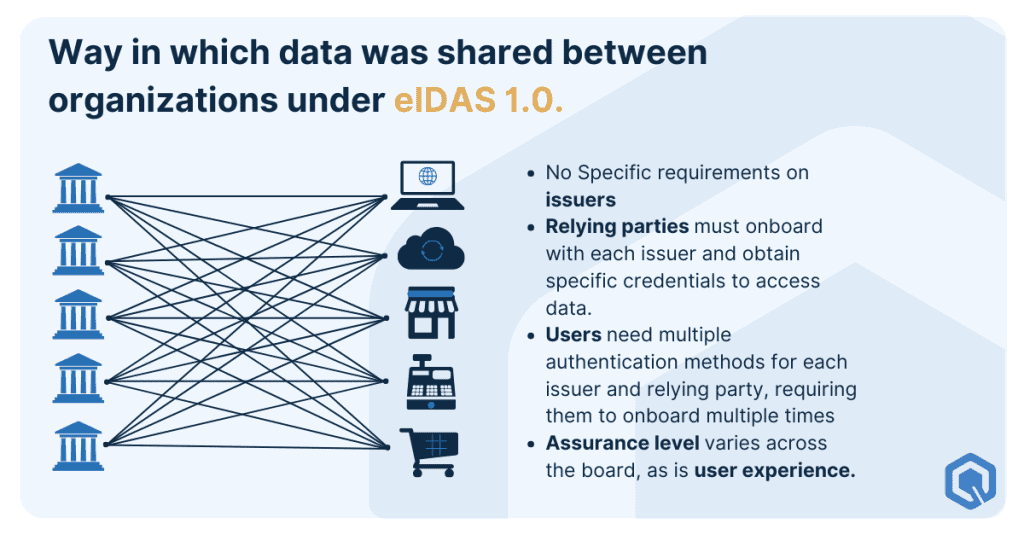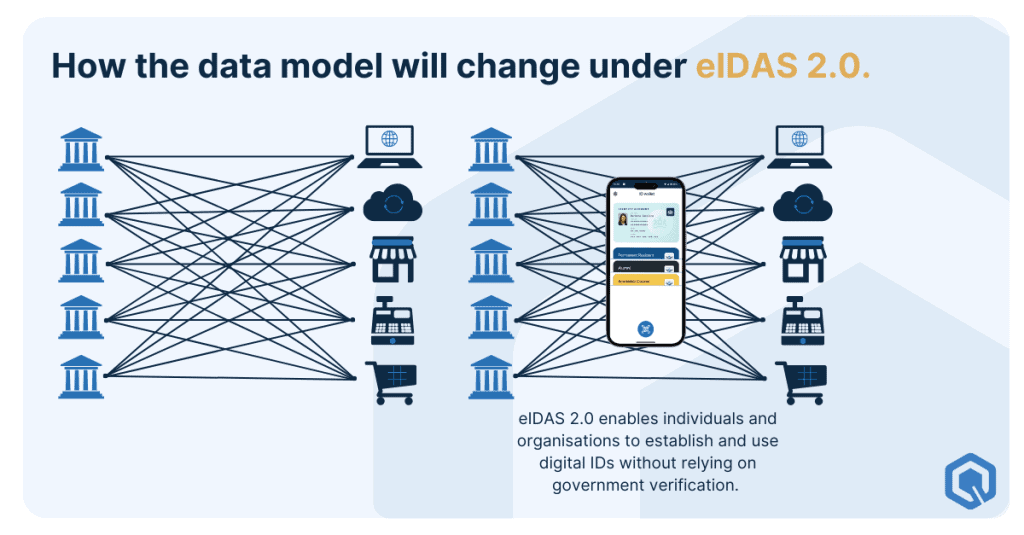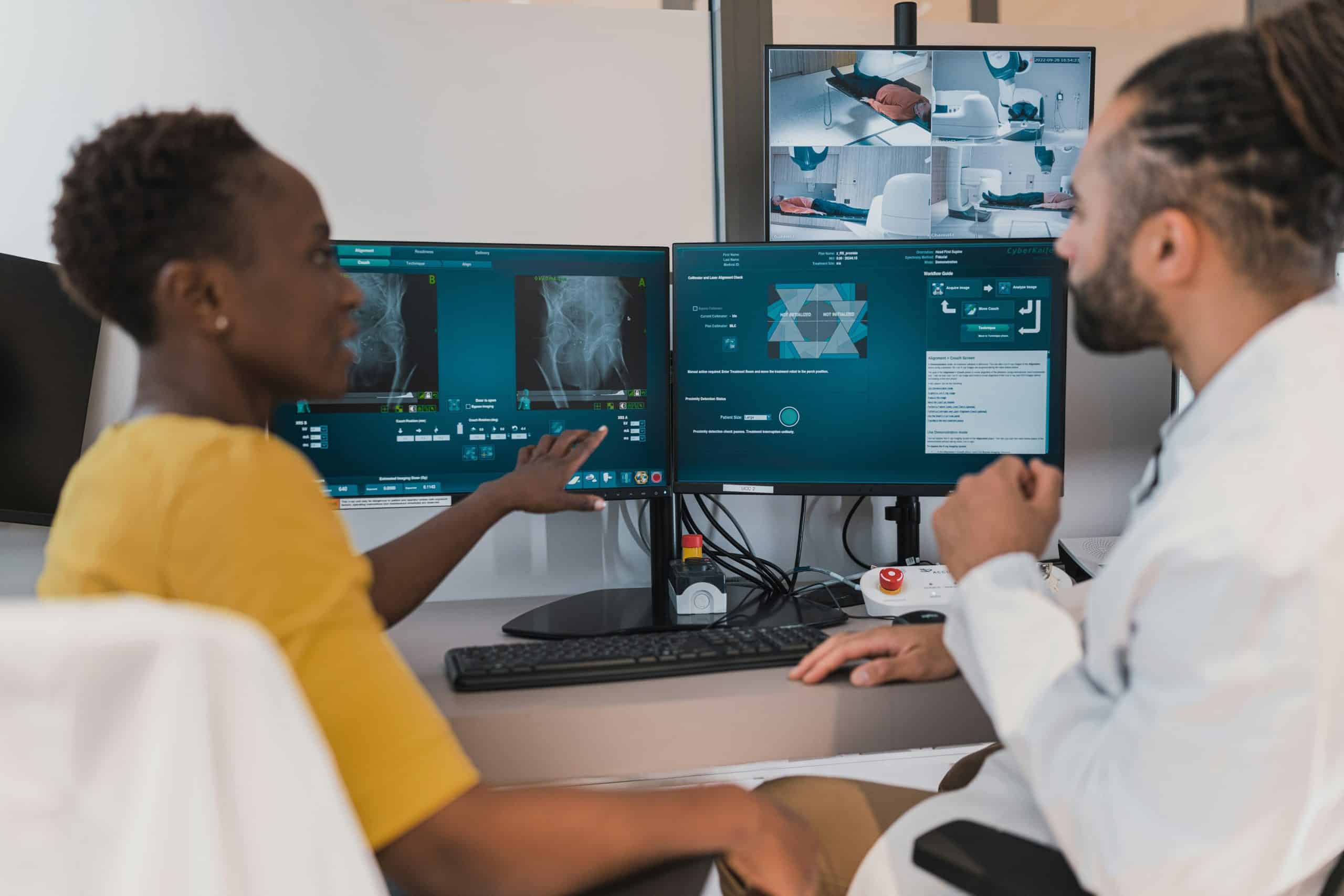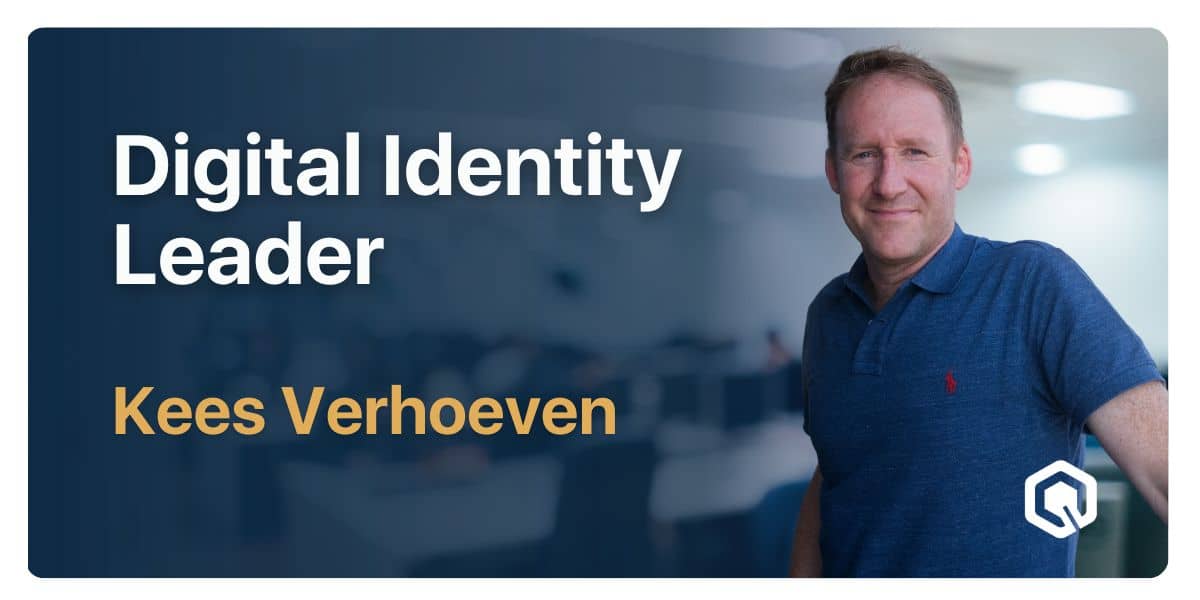Healthcare demands secure and efficient data sharing across various providers while ensuring patient control. This practical use case based on Ubiqu’s cooperation with KPN Health demonstrates how digital identity wallets with Remote Secure Element technology can transform healthcare delivery. By implementing eIDAS 2.0 compliant solutions, healthcare organizations can overcome critical challenges in data security, patient privacy, and cross-border collaboration while meeting the highest standards of trust and usability.
Challenges
Trust between doctors and patients is fundamental to achieving effective healthcare. This trust is especially challenging because patients navigate a network of healthcare professionals across hospitals, private practices, and specialty clinics. Cooperation between all these organisations in a trustworthy manner creates several challenges.

Key challenges include:
- Delayed access to critical medical data can cost lives.
- Patients lack control over their sensitive, personal data.
- Data breaches occur due to inconsistent security measures in data handling.
- Different healthcare systems and cross-border cooperation.
The introduction of eIDAS 2.0 regulations aims to address these challenges by requiring government agencies and healthcare organizations to become Qualified Trust Service Providers (QTSPs), ensuring greater security and interoperability. However, for eIDAS 2.0 to succeed, a tailored approach is necessary, as healthcare professionals and patients often prioritize ease of use over security in adopting new technologies.

Solution
A digital identity wallet with Remote Secure Element (RSE) technology tackles key healthcare challenges by enabling identity verification and data sharing at a persistent eIDAS Level of Assurance (LoA) High.
Key Features
- Unified digital identity wallet:
- An app-based wallet that securely stores personal data and credentials, for example a digital European health insurance card, patient summaries, prescriptions, and other medical records.
- Legally recognized trust services:
- Integration of eSeals and digital signatures ensures authenticity, integrity, and confidentiality of health records.
- Enables remote signing of important documents and secure issuance of diplomas or certifications.
- Patient-controlled data sharing:
- Follows an issuer-verifier-holder model, granting patients full control over how their data is shared between healthcare providers.
- Example: Patients can authorize the secure transfer of an X-ray from one doctor to another, ensuring transparency and oversight.
- Follows an issuer-verifier-holder model, granting patients full control over how their data is shared between healthcare providers.
- Enhanced user experience:
- The highest level of security on your trusted mobile device and a personal PIN.
- The persistent LoA High onboarding allows users to issue credentials in their wallet within minutes.
Benefits
For Healthcare Providers:
- Streamlined operations:
- Eliminates reliance on physical passes like the UZI card and complicated authentication procedures.
- Enhanced security:
- Implements advanced access controls that reduce the risk of data breaches.
- Standardizes and secures processes, minimizing the likelihood of errors.
- Cross-border interoperability:
- Enables seamless collaboration between healthcare organizations across Europe.
- Simplifies and accelerates new patient registration.
- Easy adding of new use cases
- The foundation of a strong digital identity allows for easy adding new use cases that require this level of trust.
- Streamlining services into one workflow improves service and limits administration.
For Patients
- Save human lives
- With faster access to critical medical data.
- Sole control over personal data:
- Patients have sole control over storing and sharing medical information, accessing prescriptions, and engaging with healthcare providers across Europe.
- Proactive and personalized Care:
- Facilitates notifications for preventive care, such as screenings and genetic risk assessments, with patient-controlled preferences.
- Convenience and flexibility:
- Secure access to healthcare services from anywhere in Europe, eliminating the hassle of physical documentation.
How It Works
Ubiqu’s digital identity wallet uses certified and patented technology to deliver a secure, user-friendly experience:
- Onboarding:
- Users scan an official ID document (passport or driver’s license) and perform a biometric liveness check via their smartphone.
- A PKI-secured digital identity is created, accessible only via a personal PIN.
- Using the Wallet:
- Healthcare professionals can access hospital systems, sign documents, and manage patient data digitally.
- Patients can securely store and share medical information, access prescriptions, and engage with healthcare providers across Europe. In digital identity terminology, this is called “sole control,” meaning that as a user, you have full control over your own identity.
The future of healthcare identity
The adoption of digital identity wallets in healthcare offers transformative opportunities:
- Cross-border healthcare: Simplifies patient care across European nations, enabling fast, secure sharing of medical data.
- Proactive health management: Automates reminders for preventive healthcare while maintaining strict privacy standards.
- Standardized systems: Promotes interoperability across healthcare organizations, enhancing collaboration and efficiency.
By addressing administrative inefficiencies, improving security, and empowering patients, the digital identity wallet will reshape healthcare systems, fostering trust and innovation.
How Ubiqu Can Help
Ubiqu provides a white-label digital identity wallet solution compliant with eIDAS 2.0 High standards, tailored for healthcare applications:
- Interoperability: Fully compatible with high-security wallets in public and private domains.
- Remote Secure Element technology: Ensures robust security with user-friendly PIN-based access.
- Customizable integration: Adapts seamlessly to healthcare workflows, supporting patient and provider needs.
With Ubiqu’s solution, healthcare organizations can lead the way in secure, efficient identity management, paving the path toward a connected and patient-centric healthcare future.


